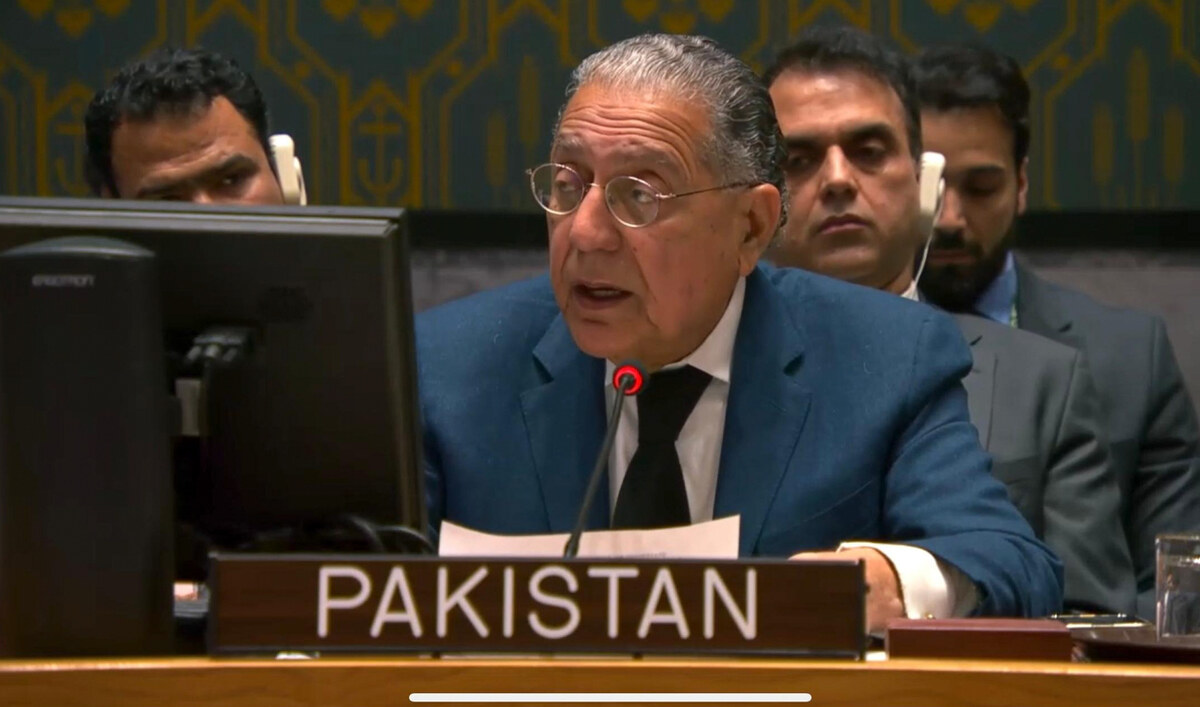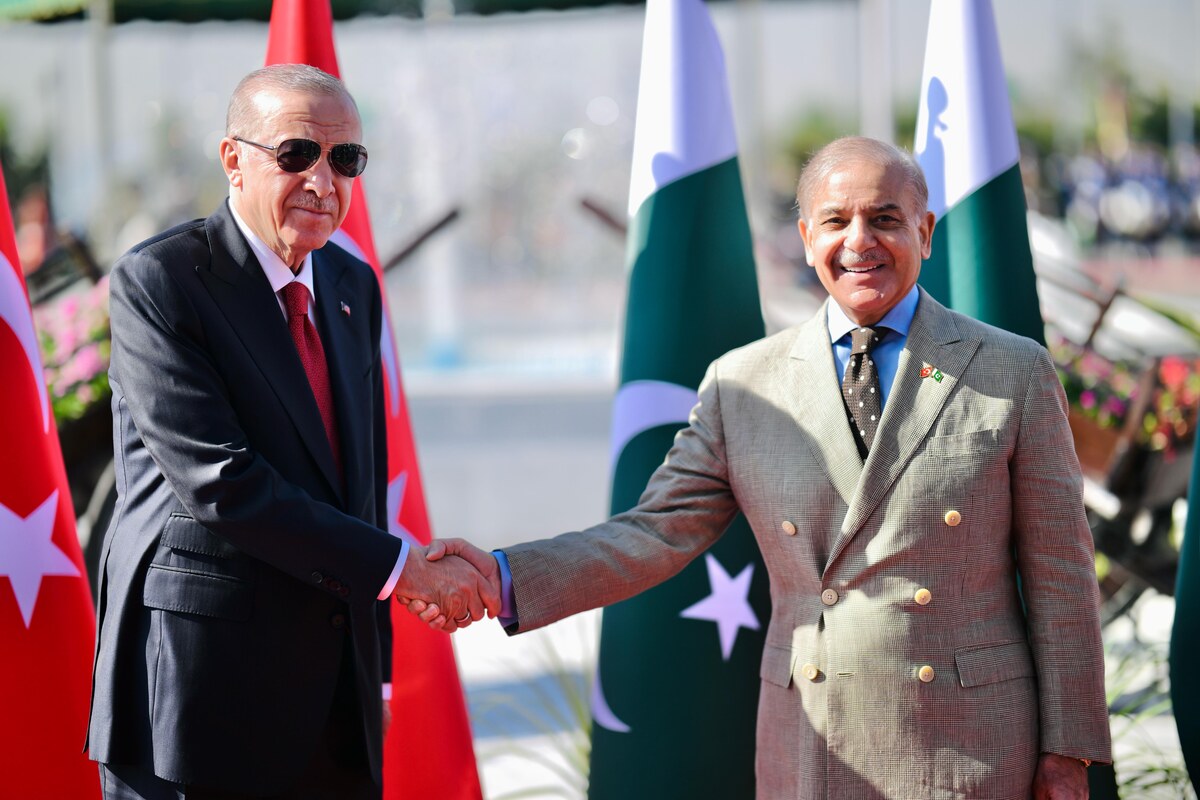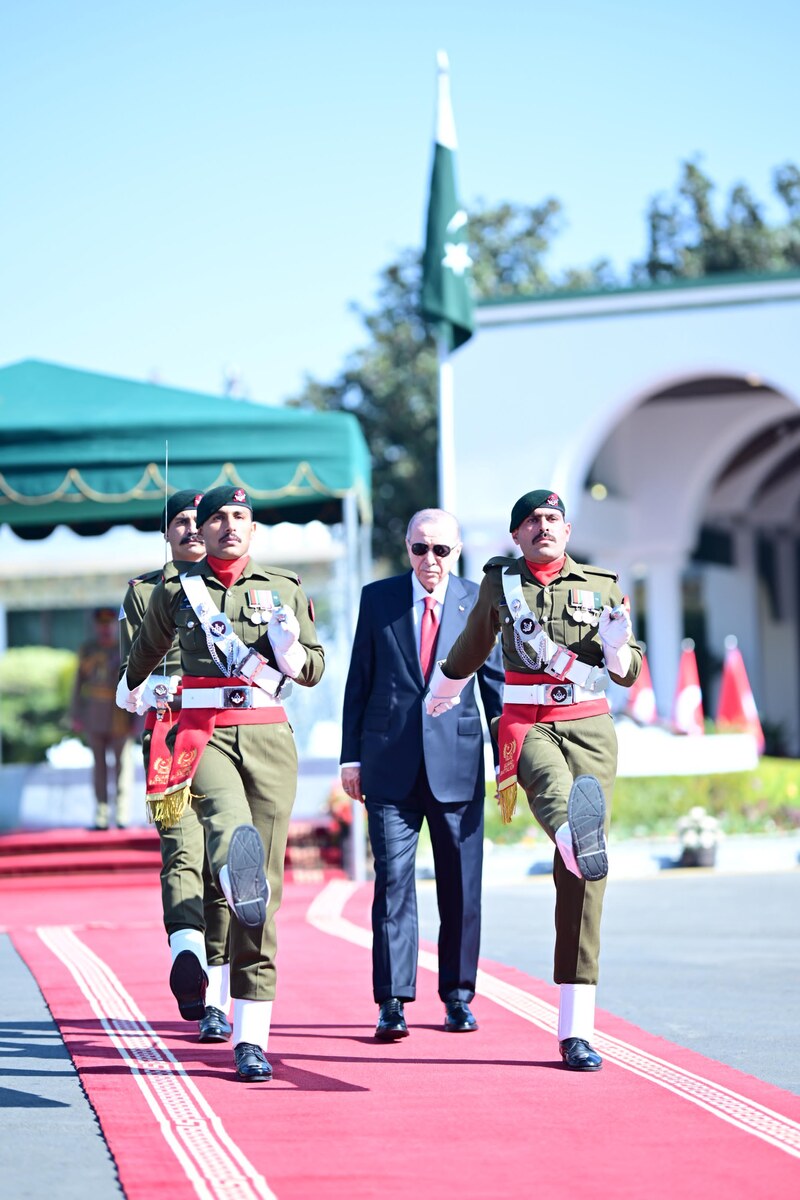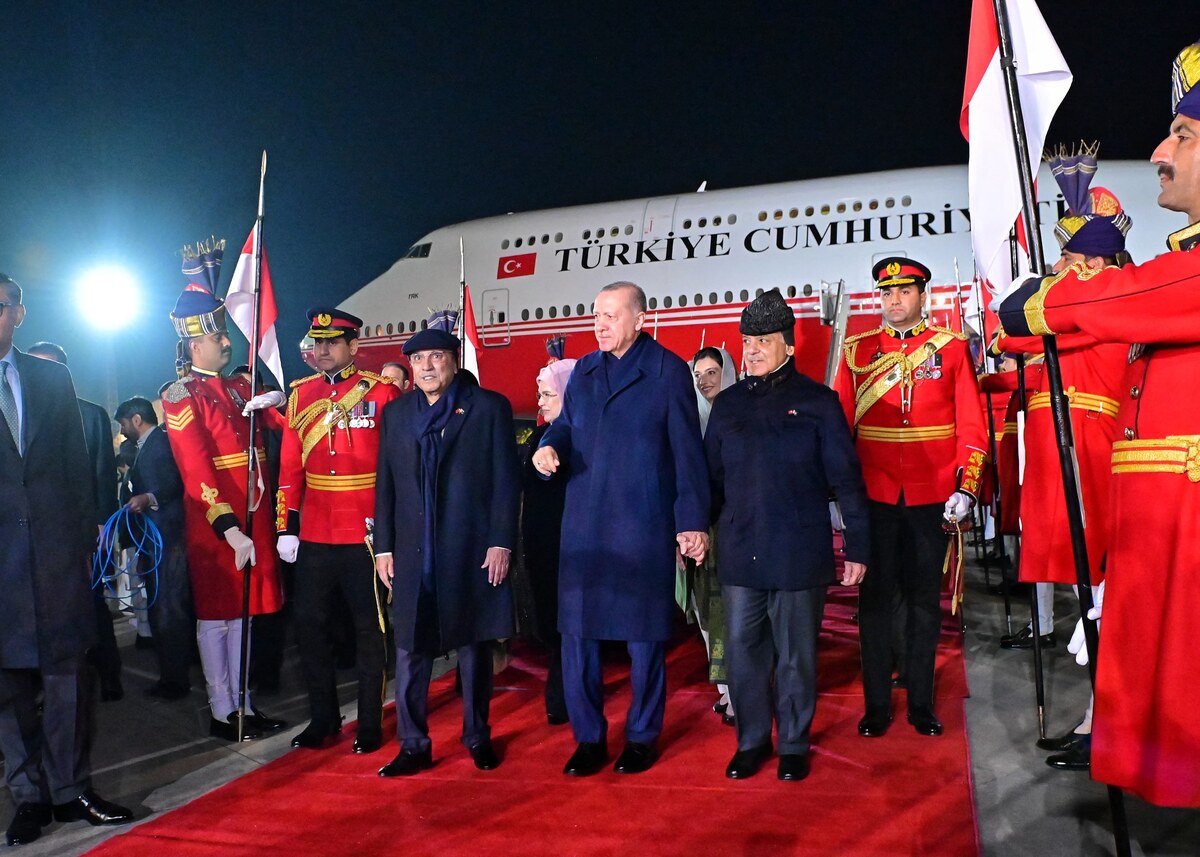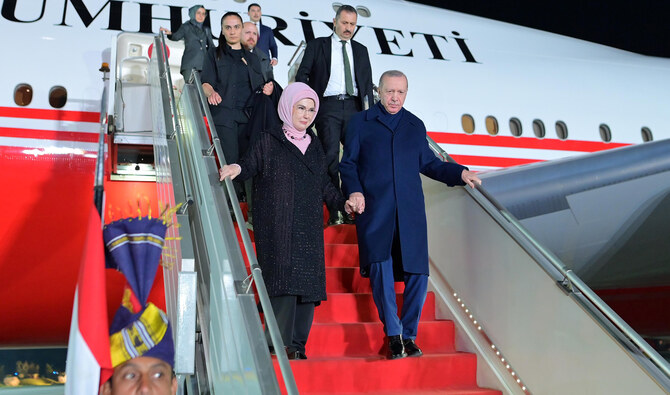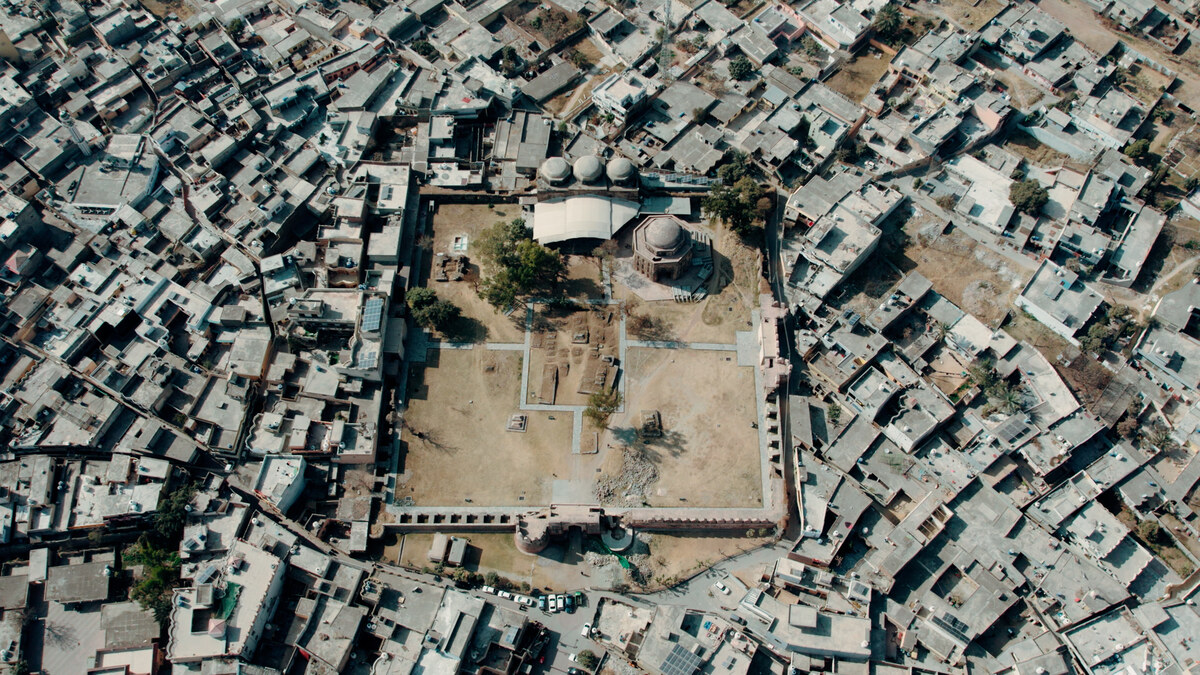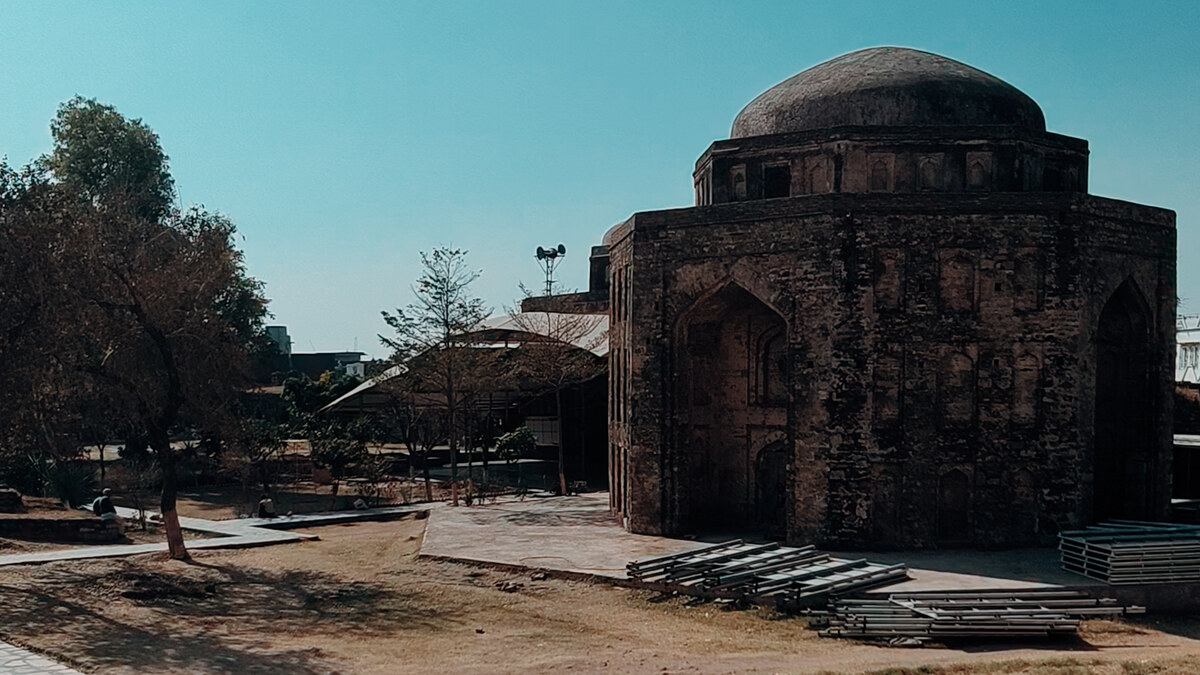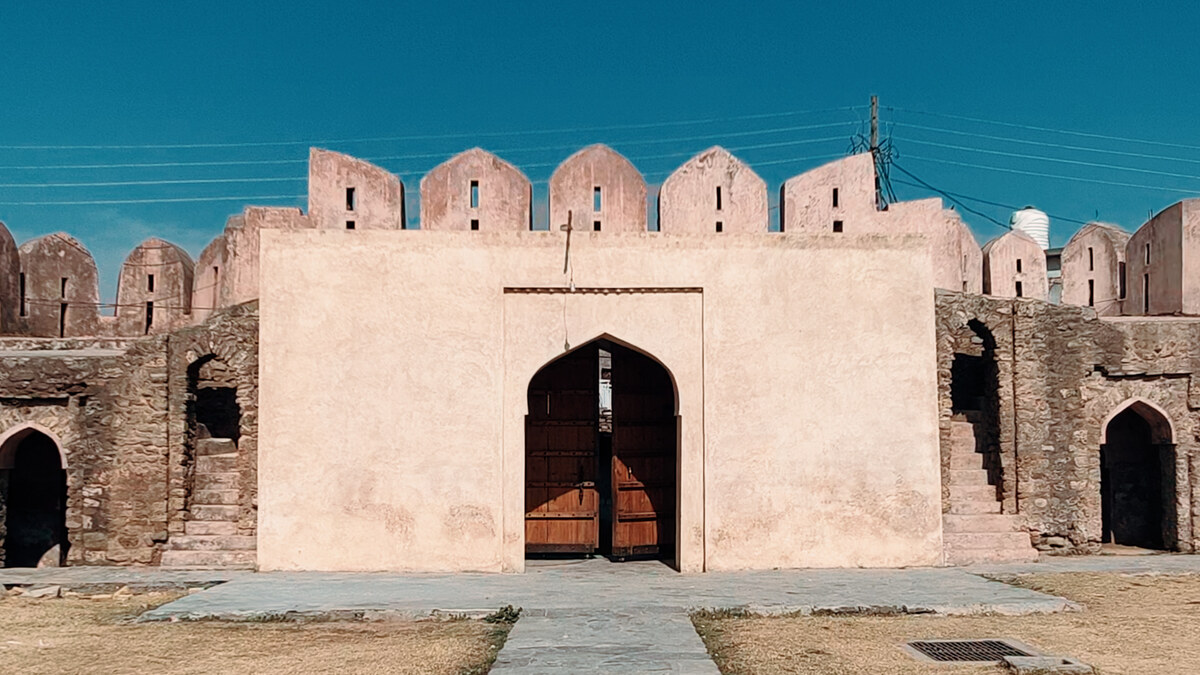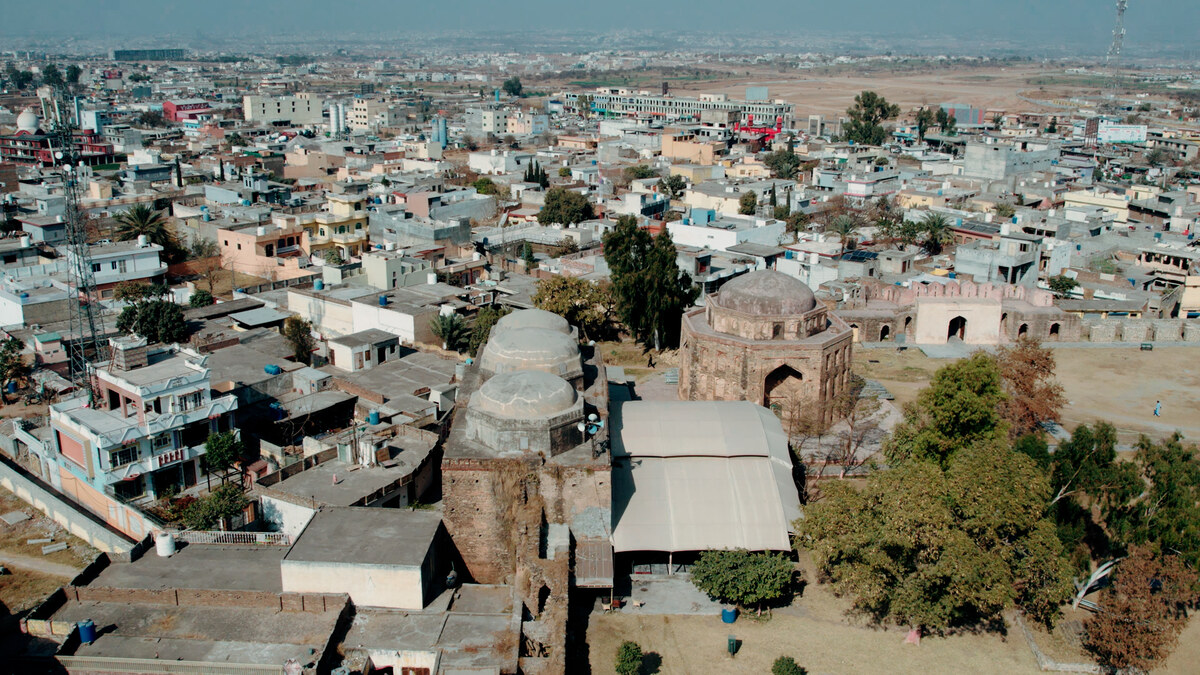ISLAMABAD: The government in Pakistan’s Punjab province has banned public gatherings in the cities of Bahawalpur, Faisalabad and Mianwali, the provincial home department said, ahead of planned protest rallies today, Wednesday, by the party of jailed former prime minister Imran Khan.
The Pakistan Tehreek-e-Insaf (PTI) announced protests in the three cities against proposed constitutional amendments the party says are aimed at curtailing the independence of the judiciary, an allegation the government denies. It also aims to build public pressure on the government for the release of Khan, who has been in jail on a slew of charges from treason to corruption since August last year.
In notifications issued on Tuesday, the Punjab home department said it was imposing Section 144 in the three cities as political gatherings and rallies could provide a soft target to militants and were likely to cause “threat to public peace and order as well as inconvenience to public at large.”
The Section 144 provision of the criminal code allows authorities to prohibit the assembly of four or more people for a limited time over issues of security and public safety.
“Government of the Punjab, in exercise of powers vested under Section 144 (6) of the Code of Criminal Procedure, 1898, hereby, prohibits all kinds of political assemblies, gatherings, sits-in, rallies, demonstrations, jalsas, protests & such like other activities in district Bahawalpur with effect from October 02 to 03,” the home department said.
Similar notifications were issued for Faisalabad and Mianwali cities also, local media reported.
The PTI has challenged the imposition of Section 144 in the Lahore High Court (LHC), saying the government had banned gatherings to block PTI supporters from staging protests, which was the constitutional right of every Pakistani citizen.
Local media widely reported that various thoroughfares and arteries across Punjab had been cordoned off in the wake of the imposition of Section 144. The M4 motorway in Gojra leading to Faisalabad and Empress Bridge which connects Lodhran to Bahawalpur were blocked off with containers, while police parties were deputed at various points, Geo News reported.
The garrison city of Rawalpindi, bordering the federal capital of Islamabad, remained tense last Saturday as police fired tear gas shells to disperse hundreds of Khan supporters ahead of a protest in the city to demand Khan’s release.
The ex-PM has been in jail since August last year on multiple charges he says are politically motivated to keep him and his party away from politics.
After a rally in Islamabad on Sept. 8, a number of PTI legislators were arrested on charges of violating an agreement on the basis of which permission for the gathering was issued, including abiding by a time limit and supporters sticking to certain routes to reach the designated venue for the rally on Islamabad’s outskirts.
Khan’s party says the challenges in holding rallies are part of an over year-long crackdown it has faced since protesters allegedly linked to the party attacked and damaged government and military installations on May 9, 2023, after the former premier’s brief arrest the same day in a land graft case.
Hundreds of PTI followers and leaders were arrested following the riots and many remain behind bars as they await trial. The military, which says Khan and his party were behind the attacks, has also initiated army court trials of at least 103 people accused of involvement in the violence.
Khan, who has been in jail since last August, was ousted from the PM’s office in 2022 in a parliamentary vote of no confidence after what is widely believed to be a falling out with Pakistan’s powerful military, which denies being involved in politics.







